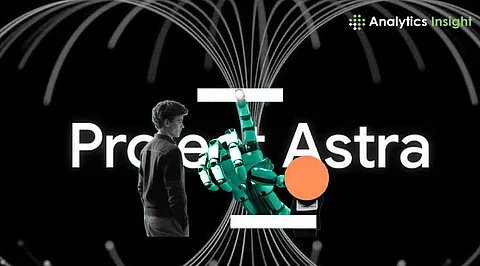

Google DeepMind’s Project Astra, unveiled during a live demo in London, is turning heads in the race to make generative AI a mass-market reality. Built on the powerful Gemini 2.0 multimodal language model, Astra embodies Google’s vision of a “universal assistant” capable of seamlessly handling tasks across text, speech, image, and video.
Astra leverages Gemini 2.0’s agent framework to perform tasks like answering queries, identifying objects, and even recalling past interactions. During the demo, Astra demonstrated impressive capabilities—analyzing a cookbook recipe, selecting wine pairings, and identifying art replicas in an interactive gallery. Though still glitchy, its ability to adapt and learn from corrections highlights its potential as a personalized AI companion.
What sets Astra apart is its deep integration with Google’s suite of tools like Search, Maps, and Lens. For example, it can retrieve door codes from emails, track bus routes in real-time, or provide art history insights as you pass by a public sculpture. This merger of multimodal reasoning with real-world applications could position Astra as generative AI’s long-awaited “killer app.”
Beyond Astra, Google DeepMind’s Gemini 2.0 has also powered other innovative products, including Mariner (a web-browsing assistant), Jules (a coding tool), and Gemini for Games, which offers in-game assistance. These advancements reflect a broader push to redefine what AI can achieve beyond traditional benchmarks.
However, challenges remain. Astra’s performance, while enthralling, is inconsistent, and its lack of transparency about its inner workings raises questions about user trust and data privacy. Experts in AI research applaud the project’s ambition, particularly in multimodal reasoning and memory recall, but acknowledge that the road to mass adoption is still long.
However, these remain the challenges that Astra faces at the moment; however, anyone can see the company’s potential. With a continuation of its current developmental path, it has the potential to revolutionise human interaction with endeavoured technology by providing the fundamental groundwork for intuitive AI systems of the future. As Google DeepMind moves forward towards making new breakthroughs, the world should wait and look forward to it.
